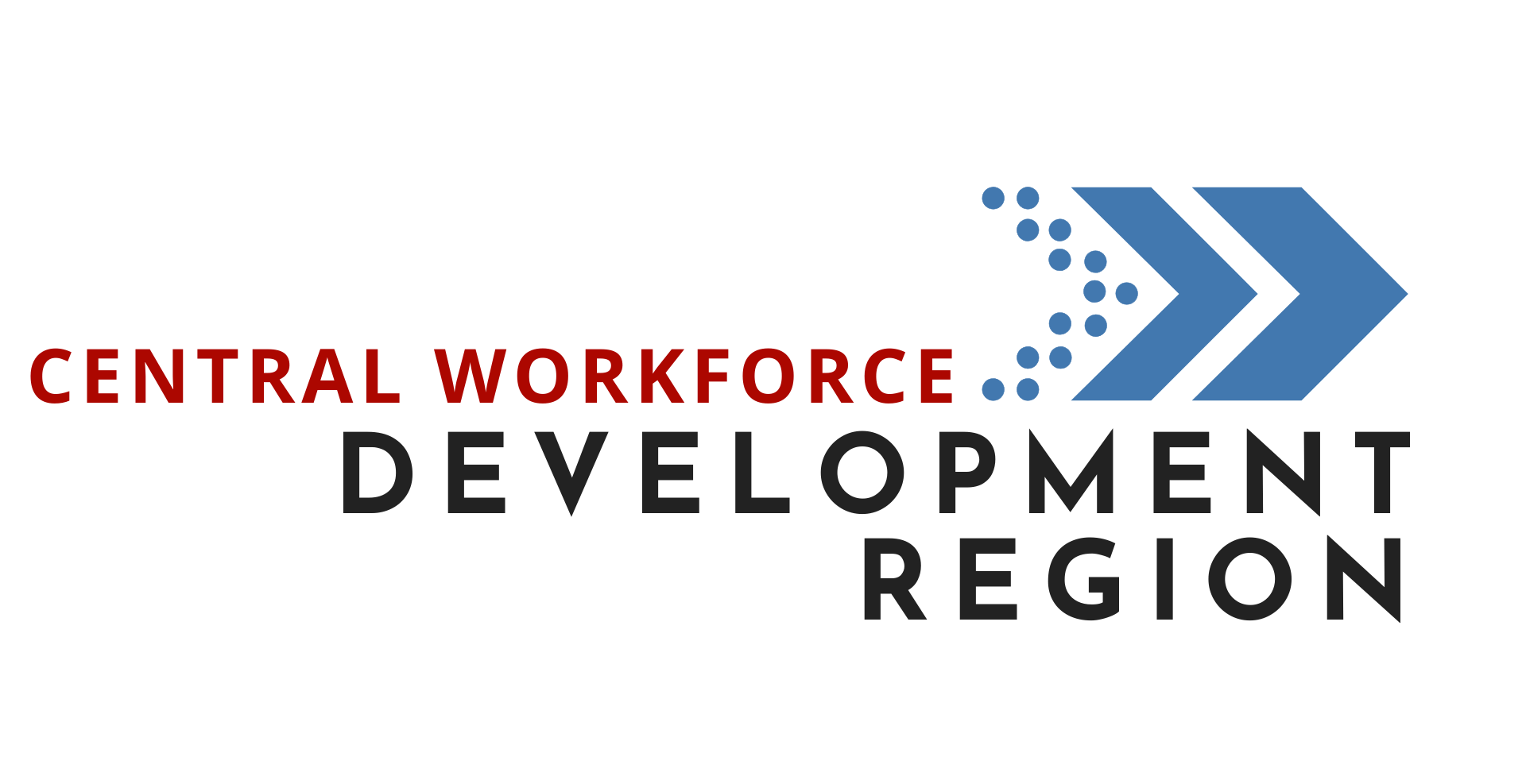It’s a brand new year for the Central Region! As we step into 2025 with fresh goals and renewed energy, it’s the perfect time to focus on both our personal and professional growth. In this ever-evolving world, continuous learning and development are not just beneficial; they’re essential for staying relevant and advancing in our careers. Let’s explore some practical strategies together that each of us, regardless of our role, can adopt to enhance our development this year.
Setting Professional Goals
The journey of personal and professional development begins with the art of goal-setting. Establishing clear, actionable objectives is crucial, and the S.M.A.R.T. (Specific, Measurable, Achievable, Relevant, Time-bound) framework provides a reliable roadmap for setting these goals. This method ensures that goals are not just aspirations but attainable targets that drive our daily actions and decisions.
Specific: Define exactly what you want to accomplish with clarity and detail. For instance, if you aim to enhance your technical skills in office productivity tools, a specific goal could be, “I will become proficient in Microsoft Excel and PowerPoint to improve my ability to analyze data and present insights effectively. By June 2025, I plan to complete an advanced Excel course and create a presentation template that can be used department-wide.”
This example provides a clear objective focused on mastering specific software tools, which are often essential in many professional settings. It sets a practical timeframe and outlines a tangible outcome that benefits both the individual and their team.
Measurable: Attach a quantifiable metric to your goal to track your progress and know when you’ve achieved it. This could be the number of tasks completed, a percentage increase in efficiency, or feedback scores from colleagues. For example, rather than just aiming to “get better at networking,” set a goal to “attend at least three networking events per quarter and connect with 30 new industry professionals by the end of the year.”
Achievable: Your goals should stretch your abilities but remain attainable. Consider what resources you’ll need and whether your goal aligns with your current responsibilities and commitments. For example, setting a goal to become proficient in a complex new software within a week might be unrealistic without the necessary time to practice and learn.
Relevant: Ensure that your goals are relevant to your career path, personal growth, and the needs of our organization. A relevant goal for a career consultant might be to “develop a new workshop on career resilience to help clients navigate job changes effectively,” which aligns with client needs and your professional growth.
Time-bound: Setting a deadline not only keeps you motivated but also prioritizes your goal among all your activities. For instance, if you aim to improve your presentation skills, you could set a goal like, “I will deliver 10 client presentations and seek feedback to refine my approach by the end of Q3 2025.”
By using the S.M.A.R.T. framework, you can create a detailed roadmap for your year, which not only helps in achieving your own goals but also contributes to the success of our organization. As you reflect on what you wish to achieve this year, think about how these goals fit into the bigger picture of your career and our collective mission. Remember, the goals we set are not just milestones to be reached, but stepping stones to greater achievements and satisfaction in our professional lives.
Lifelong Learning
The landscape of our industries is changing rapidly, and keeping up requires a commitment to lifelong learning. Many of us have various responsibilities that might limit our time for traditional education. However, online courses, webinars, and workshops offer flexible learning opportunities that can fit into our busy schedules. Platforms like LinkedIn Learning, Coursera, and industry-specific training sites provide a wealth of knowledge across a range of subjects. Even dedicating as little as an hour a week to a new course can significantly impact your skill set and confidence.
The Workforce Link Podcast offers forward thinking conversations for the workforce, linking employers and job seekers to a brighter tomorrow. Check out the details here…
Building a Personal Brand
Developing a personal brand is increasingly important, no matter where you are in your career. Your personal brand is how you market yourself to the world; it communicates your skills, your character, and your values. Start by defining what you stand for and how you want to be perceived professionally. Then, leverage tools such as LinkedIn to share your knowledge and insights, contribute to discussions, and connect with peers. Regularly updating your profile, posting articles relevant to your expertise, and engaging with others’ content can greatly enhance your professional visibility and open up new opportunities.
Work-Life Balance
Achieving a healthy work-life balance is crucial for our well-being and effectiveness at work. It’s easy to let work consume our lives, but balance is key to long-term success and happiness. Set clear boundaries between work and personal time. This might mean shutting down your computer at a certain time each evening or not checking emails during weekends. Encourage and support your colleagues in doing the same. Balancing professional responsibilities with personal life allows us to recharge and return to work more focused and productive.
Networking for Success
Networking isn’t just for job seekers; it’s a valuable tool for ongoing professional development. Building and maintaining a professional network can provide support, offer new perspectives, and expose you to opportunities within and outside our organization. Attend industry conferences, participate in professional groups, and even engage in our company’s social events. Each interaction is a chance to learn something new and build connections that could be beneficial in the future.
As we continue to navigate through 2025, let’s commit to growing together. By setting clear goals, embracing lifelong learning, crafting our personal brands, maintaining a healthy work-life balance, and networking effectively, we can all enhance our personal and professional development. Here’s to a year of achievement and growth in the Central Region!

